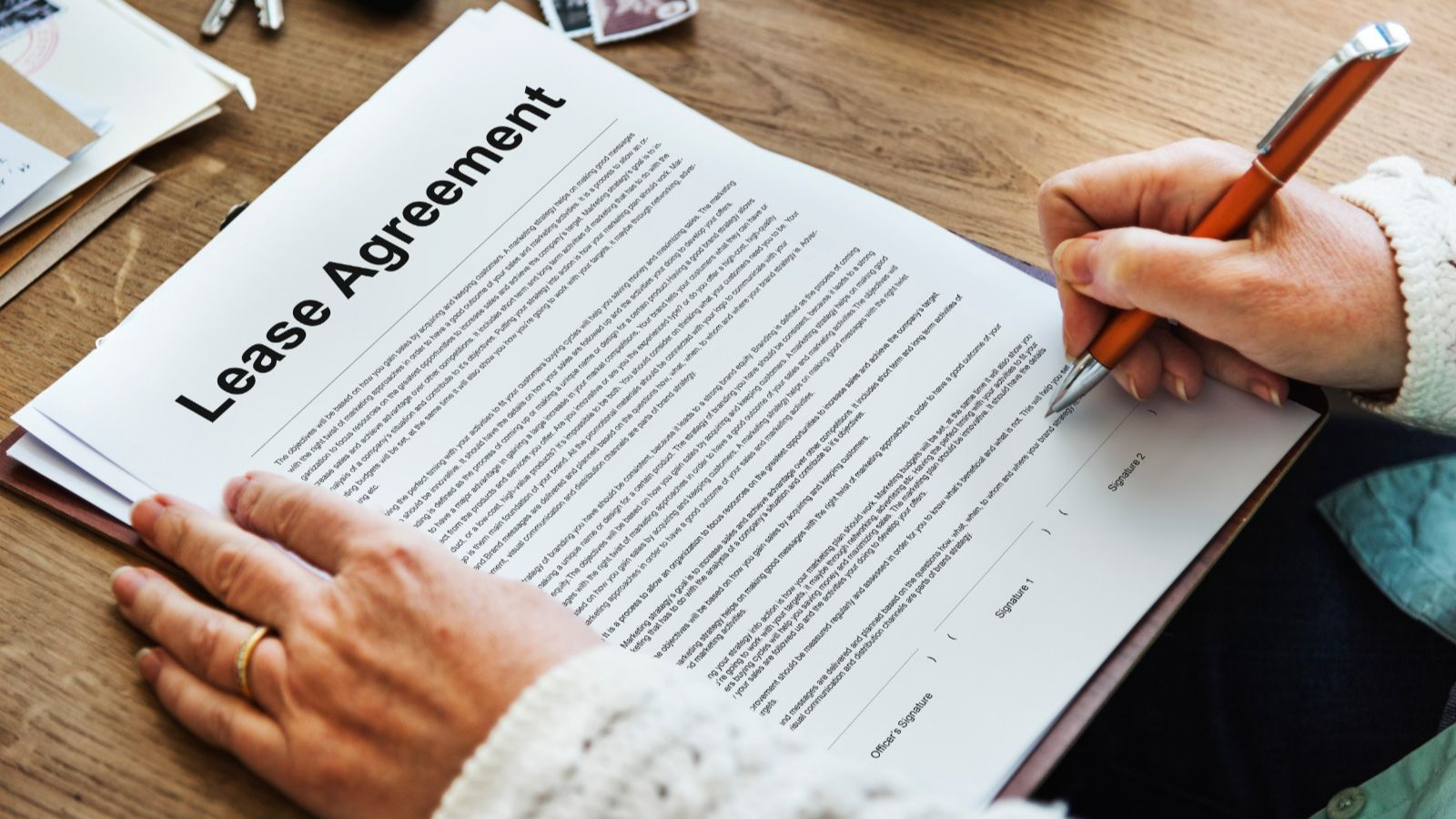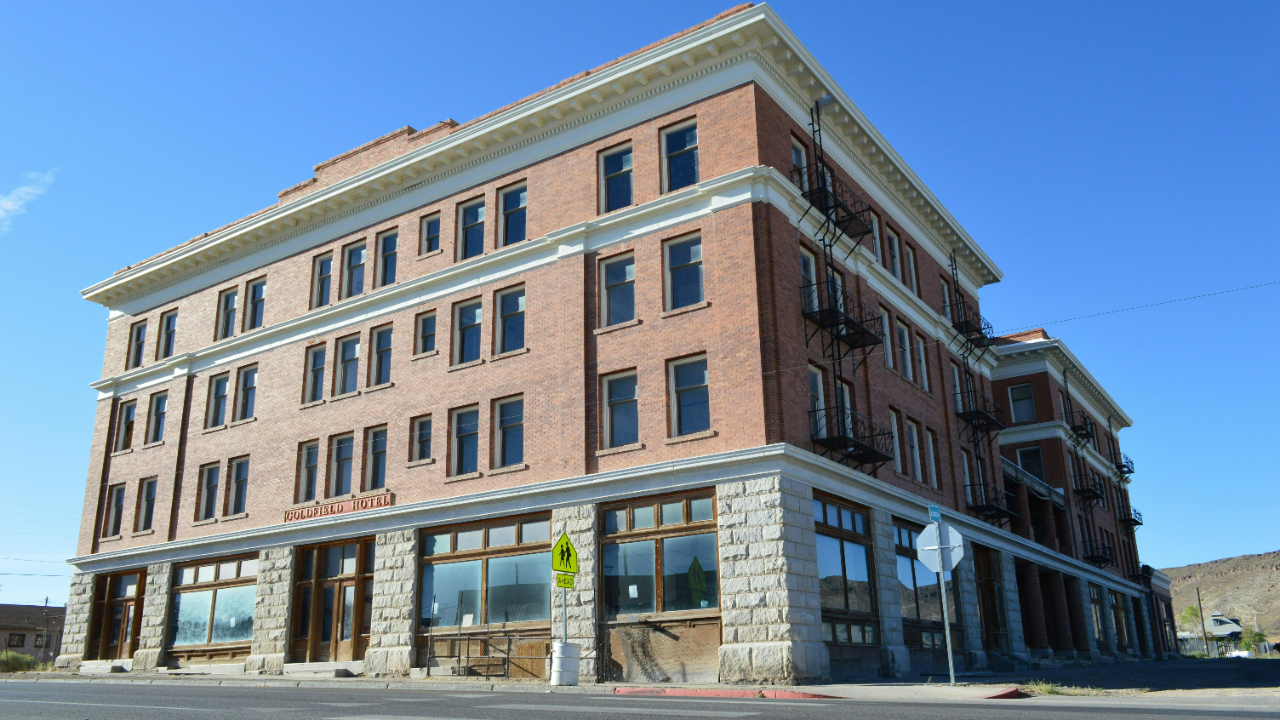Commercial Lease Terms Every Landlord and Tenant Should Know Before Signing

A commercial lease is more than a monthly rent agreement. It sets the rules for how a business operates in a space, how costs are shared, and what happens when circumstances change. Whether you are a landlord or a tenant, understanding key commercial lease terms before signing can prevent misunderstandings, protect your investment, and avoid costly disputes down the road.
Lease Structure and Rent Type
One of the first things to understand is the lease structure. Commercial leases commonly fall into three categories: gross leases, net leases, and modified gross leases. In a gross lease, the tenant pays a flat rent while the landlord covers most operating expenses. Net leases shift some or all of those expenses, such as property taxes, insurance, and maintenance, to the tenant. Modified gross leases fall somewhere in between.
Knowing exactly which costs are included in rent and which are not is essential for accurate budgeting on both sides.
Lease Term and Renewal Options
The lease ...
Option Agreements in Commercial Real Estate: How They Work and When They Make Sense

In commercial real estate, timing and flexibility often matter just as much as price. That’s where option agreements come in. An option agreement gives a potential buyer the exclusive right, but not the obligation, to purchase a property within a specific time frame. For investors, developers, and landowners, this tool can create opportunities while managing risk, if everyone understands how it works.
What Is an Option Agreement?
An option agreement is a legal contract between a property owner and a potential buyer. The owner agrees to hold the property for a set period, during which the buyer can decide whether to move forward with the purchase. In exchange, the buyer typically pays an option fee. This fee is often non-refundable and may or may not be credited toward the purchase price if the deal closes.
Unlike a standard purchase agreement, an option does not force the buyer to buy. It simply reserves the right to do so under agreed-upon terms.
Key Components of an Option Agreem...
Top 5 Legal Pitfalls to Avoid When Purchasing Commercial Property

Buying commercial property can open the door to long-term income, business expansion, or investment growth—but it also comes with legal risks that can derail even the best-planned deal. Whether you’re a first-time investor or adding to an established portfolio, understanding the most common legal pitfalls helps you protect your money and avoid unpleasant surprises. Here are the top issues to watch out for before signing anything.
1. Skipping a Thorough Title Review
A clean title is the foundation of a safe purchase. If you don’t dig into the property’s history, you might inherit hidden problems like unpaid liens, boundary disputes, easements, or ownership challenges. These issues can slow down development or even spark expensive lawsuits later. Always work with a qualified title company or real estate attorney to run a complete title search—and make sure title insurance is part of your closing package.
2. Overlooking Zoning and Land-Use Restrictions

Just because a building looks ...
Why You Need a Lawyer to Review Your Commercial Property Purchase Agreement

Buying commercial real estate is a major investment—often involving complex contracts, large sums of money, and long-term financial commitments. While it might be tempting to rely solely on your broker or standard contract templates, overlooking a legal review can cost you far more down the line. Having a lawyer review your commercial property purchase agreement isn’t just a formality—it’s essential protection for your business, your finances, and your future plans.
1. Commercial Contracts Are Complex
Commercial property purchase agreements are not like residential ones. They’re longer, denser, and packed with clauses that can significantly affect your rights and obligations. A lawyer who specializes in commercial real estate understands how to interpret these provisions and spot potential pitfalls.
For instance, certain clauses may allow the seller to back out under specific conditions or limit your recourse if there are undisclosed issues with the property. Without legal expertise...
What to Do When a Commercial Property Buyer Fails to Deliver

Selling commercial property can be a long, detailed process—and when a buyer suddenly backs out or fails to deliver on their promises, it can leave you frustrated, uncertain, and potentially out of pocket. Whether it’s a missed deposit, financing issues, or outright withdrawal, knowing how to respond can protect your investment and get your sale back on track.
1. Review the Contract
The first step is to go back to the signed purchase agreement. Commercial real estate contracts often include specific timelines, contingencies, and remedies if one party defaults. Check for:
- Deposit terms: Is there an earnest money deposit, and what conditions allow you to keep it?
- Financing contingencies: Did the buyer’s failure stem from not securing financing within the agreed period?
- Default clauses: These outline what happens if the buyer breaches the agreement—whether that means forfeiting deposits, paying damages, or allowing you to terminate the deal.
If the contract is clear that the buy...
Why You Need Legal Guidance in Commercial Real Estate Development

Commercial real estate development is one of the most lucrative yet complex areas of business. Whether you’re planning to build an office tower, shopping center, or mixed-use facility, the path from idea to completion involves a labyrinth of contracts, regulations, financing arrangements, and negotiations. While developers often focus on design, location, and profitability, overlooking the legal side can put an entire project at risk. This is why having proper legal guidance is not just an option—it’s a necessity.
Navigating Zoning and Land Use Laws
One of the earliest hurdles in any real estate development is ensuring the land is suitable for your intended use. Zoning ordinances, building codes, and land use restrictions vary significantly by city or municipality. Without a lawyer’s guidance, developers may unknowingly violate these rules, leading to costly delays or even lawsuits. Legal experts help evaluate the site, identify restrictions, and, when necessary, assist in obtaining ...
Commercial Tenant Evictions: What Landlords Need to Know

Managing commercial property comes with its own set of challenges, and one of the most difficult situations landlords face is dealing with tenant evictions. Unlike residential leases, commercial tenant evictions involve unique legal considerations, contractual obligations, and financial implications. Whether you’re an experienced landlord or new to commercial property ownership, understanding the eviction process is essential to protect your investment while minimizing risks.
Grounds for Commercial Tenant Eviction
Eviction is typically the last resort when a commercial tenant breaches their lease agreement. Common grounds include nonpayment of rent, consistent late payments, unauthorized use of the property, violation of lease terms, or abandonment of the premises. Some landlords also pursue eviction if the tenant’s activities harm the property’s value, reputation, or safety. However, unlike residential leases where tenant protections are stronger, commercial leases rely heavily on t...
Legal Due Diligence Checklist for Buying Commercial Property

Purchasing commercial real estate is a significant investment that carries both opportunity and risk. To protect yourself from unexpected legal issues and financial pitfalls, conducting thorough legal due diligence is essential. This process helps verify that the property is legally sound, properly zoned, and free of encumbrances that could hinder its intended use or value. Here’s a practical legal due diligence checklist to guide you through a smart and secure purchase.
1. Title and Ownership Verification
Start by confirming the seller’s legal ownership of the property. Request and review the property’s title deed and ensure it’s free from disputes. Engage a title company or real estate attorney to conduct a title search to uncover:
- Liens or mortgages
- Easements or rights of way
- Restrictive covenants
- Pending litigation
Clear title is crucial to transfer ownership without future legal challenges.
2. Zoning and Land Use Compliance
Zoning regulations determine how a property ...
The Legal Role of Escrow in Commercial Real Estate Transactions

In commercial real estate transactions, the stakes are high and the details complex. From due diligence and financing to closing and title transfer, every step must be carefully managed. One crucial mechanism that ensures security and fairness during the process is escrow. Although often misunderstood, escrow plays a vital legal role in protecting both buyers and sellers, ensuring compliance, and facilitating a smooth transaction.
What Is Escrow?
Escrow refers to a neutral third-party service that temporarily holds funds, documents, and instructions on behalf of the transacting parties until all contractual obligations are fulfilled. The escrow agent—usually a title company, attorney, or specialized escrow firm—acts impartially to oversee and execute the conditions of the agreement. Once all requirements are met, the escrow is “closed,” and the funds and property are exchanged accordingly.
In the context of commercial real estate, where transactions involve significant financial inv...
Title Matters: How to Ensure a Clean Transfer in Commercial Real Estate

When it comes to commercial real estate, there’s more to a transaction than the price tag or the square footage. One of the most critical yet often overlooked components of a successful deal is the property title. Ensuring a clean title transfer is essential not only for legal ownership but also for protecting your investment from costly future disputes. Whether you're a buyer, seller, or broker, understanding the title process is key to a smooth and secure transaction.
What is a Title in Commercial Real Estate?
In real estate, a title refers to the legal right to own, use, and transfer a property. A “clean title” means the property is free from liens, disputes, unpaid taxes, or legal encumbrances. In commercial transactions, where large sums and complex legal structures are often involved, ensuring a clean title is even more important than in residential deals.
The Importance of Title Due Diligence
Due diligence is the backbone of any commercial real estate transaction. It involve...